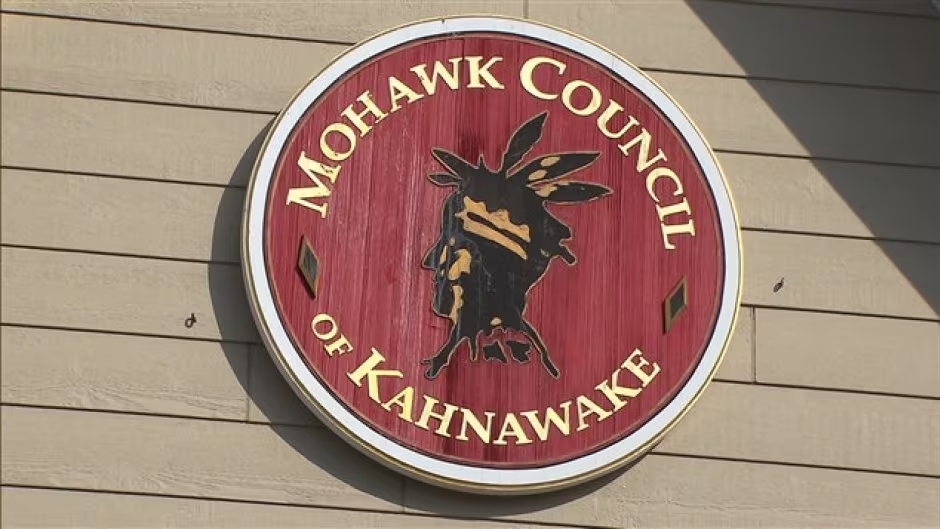Day two of the hearing kicked off on a sunny winter morning with a courtroom brimming with anticipation for the final session of the legal clash between iGaming Ontario (iGO), the Ministry of the Attorney General (MAG), and the Mohawk Council of Kahnawà:ke (MCK). With Justice Lisa Brownstone presiding, the mood was set for a decisive showdown.
iGO launched into a rebuttal of the assertions made by MCK, including by tracing the legislative evolution of gaming in Ontario. iGO argued that Canada’s and Ontario’s approach to gaming had transitioned from a moralistic (and even “Presbyterian”) stance to a modern regulatory framework aimed at safeguarding the public through responsible gaming practices.
iGO transitioned to an analysis of the meaning of “conduct and manage” from a contractual perspective. They contended that Ontario unequivocally conducts and manages the gaming operations through carefully woven contractual agreements, retaining absolute control over operators. In their view, operators function as mere agents executing iGO’s mandates. Should operators fail to do so, iGO has the power to terminate that operator’s license at any given time, thus reinforcing the control that the province has over its agents.
The judge inquired if choosing agents that could potentially comply with iGO’s requirements would imply any “growing pains along the way”. iGO acknowledged that there is a painstaking process for selecting operators and that the operators are subject to heavy scrutiny and due diligence to determine if they are the right fit for the Ontario market. iGO added that in the end, all operators must execute the same operative agreement, meaning that iGO will always have permanent control over these one-sided relationships in light of their dominant and even “dictatorial” position. iGO also stressed the fact that even if there were to be non-compliance by agents, there are several remedies to such unfortunate events, namely, having the power to amend the operating agreement at any given time at iGO’s sole discretion, or, in the worst case scenario, terminating the relationship.
In iGO’s words, “iGO is the house,” and the house dictates the game, controls revenue, sets the terms for data use, disallows subcontracting, determines who can play in Ontario, supervises gaming marketing, carries out surveillance and control, and reserves the absolute discretion to change any of these rules of the operating agreements at any given time, all of which translate unequivocally to conducting and managing.
Shortly thereafter, we arrived again at the semantics debate of “conduct and manage”. According to iGO (and cited dictionaries), these words mean to carry on, take part in management, lead position of command, take charge of control and exercise executive administration, among others, which overall, result in a higher level of direction, not operating the games themselves.
An illustrative musical analogy followed. Picture this: the director of an orchestra never touches the strings or blows the horns. However, the conductor is responsible for the symphony, and that is exactly what happens with the current iGaming scheme. You could hear a pin drop in the courtroom (despite the musicality of the argument).
The judge questioned again: would this mean that, according to the dictionary’s definition, “conducting” does not necessarily mean that iGO must carry out its functions on a granular level of operation? iGO confirmed that this is their interpretation of their role in Ontario’s regulated gaming market.
With this, it was time for the MAG to take over. They began by reinforcing iGO’s position, asserting Ontario’s full compliance with both provincial and federal laws and dismissing paramountcy conflicts. They also challenged MCK’s purported public interest claims, questioning their legitimacy and accusing MCK of pursuing private agendas.
Overall, iGO and MAG developed a joint defence against MCK’s arguments, by backing each other’s perspectives on the history of gaming in Ontario and Canada, principles of interpretation and the literal definition of “conduct and manage”.
With time dwindling, and upon receiving the parties and the court staff’s approval to continue, the judge extended the proceedings, giving way to MCK’s reply.
Followed by a quick and final sip of water, MCK pinpointed some historical inaccuracies exposed by iGO. MCK also addressed the musical analogy and argued that under the current scheme, iGO would have a role akin to someone hiring musicians to play a symphony rather than conducting it directly. MCK’s reply concluded by arguing that the point of running a gaming scheme that trickles down from the federal government to the provinces is for the province to conduct and manage it directly, not to choose private operators to do it on their behalf. This approach grants operators licenses and powers that they should not have in the first place as per constitutional principles.
Justice Brownstone signalled the end of the hearing, promising a decision in the coming months. As the courtroom emptied, the fate of Ontario’s iGaming scheme hung in the balance, awaiting the judge’s final resolution on the matter.




